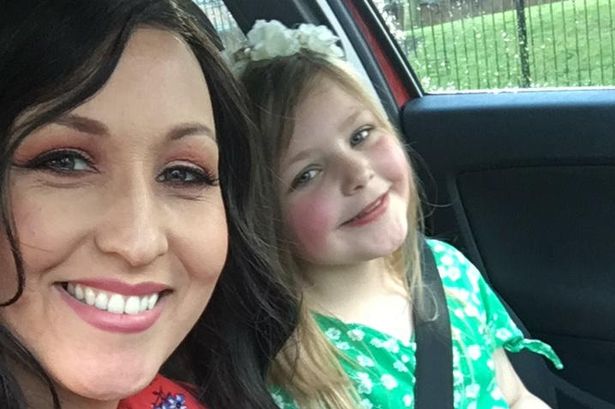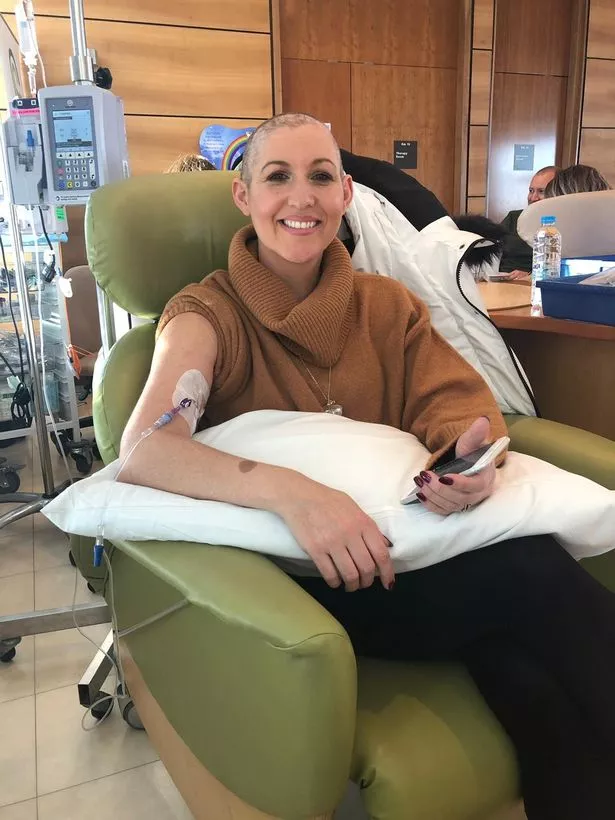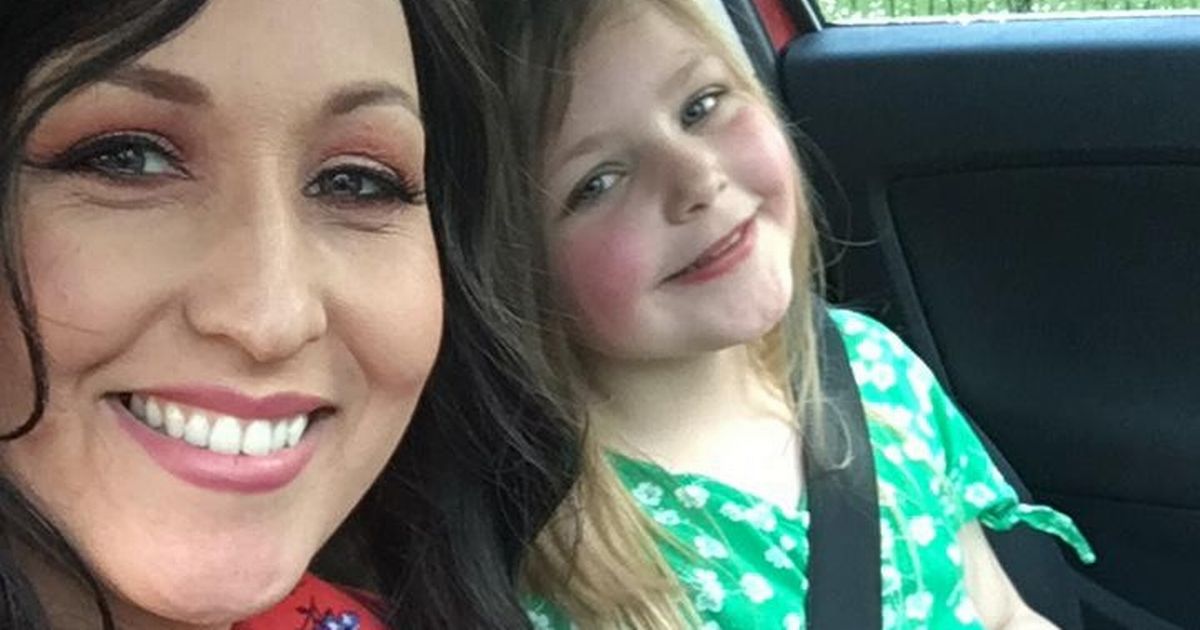“I was thinking, am I going to be here to see her grow up? That was my worst fear.”
18:17, 05 Jun 2025Updated 18:18, 05 Jun 2025
 Danielle McDermott with her daughter Hollie(Image: Danielle McDermott)
Danielle McDermott with her daughter Hollie(Image: Danielle McDermott)
A mum faced her “worst fear” as she wondered if she would live to see her daughter grow up. Danielle McDermott, now 41, from Kirkby, first noticed a lump near her nipple at age 35.
Although a nurse initially reassured her, further tests revealed she had breast cancer following a mammogram. The spotlight on younger people with breast cancer has intensified this week after singer Jessie J shared her own diagnosis of “early breast cancer” at 37.
Cases like Danielle’s and Jessie’s remain uncommon; according to the NHS, around 80% of breast cancer diagnoses occur in people over 50, while fewer than 5% affect those under 40.
Around 10 months before her diagnosis in November 2018, Danielle, who worked at Aintree University Hospital, says she had a “vision” that she had breast cancer, which prompted her concerns. She told the ECHO: ”I automatically started looking towards the left breast.
“It was sore around the areola. It was quite stinging. I had soreness around the breast, but you can get that through periods anyway. 10 months later, I felt a lump in the areola. My mum and I went to the GP, and the next day I was in a clinic.
“The nurse said she wasn’t worried but said they would send me for a mammogram anyway. That’s when it was confirmed it was breast cancer.”
Danielle found the news tough to take at first and worried for her daughter, Hollie. She said: “I’d just won employee of the year. I was on a massive high, and four days later I was diagnosed.
“My whole world came crashing down. My daughter was seven at the time. For me to be diagnosed with breast cancer with a little girl, I was thinking, am I going to be here to see her grow up? That was my worst fear.
Danielle started chemotherapy in January 2019, which took its toll on her. She said: “It caused fatigue and peripheral neuropathy, which is a swelling of the abdomen.
“My taste buds went too, so I was struggling to eat and drink. The worst thing was the pain I had going through my body. I was unable to hold things in my hands; that’s how bad it was.”
 Danielle during her treatment(Image: Danielle McDermott)
Danielle during her treatment(Image: Danielle McDermott)
Danielle is now cancer-free and praised the “fantastic” treatment she received at the Marina Dalglish Centre in Aintree Hospital.
The news about Jessie J emphasises the importance of checking for symptoms and maintaining a healthy lifestyle. She said: “It’s absolutely horrendous. She’s also got a young son, so it’s such a big blow.
“As women, we need to be checking our breasts. Anyone who’s had cancer treatment needs to exercise because that can reduce the risk of recurrence in the future.”
Although Danielle was still affected by fatigue after her treatment finished, she found the psychological impact of what she had gone through far more severe.
Danielle said: “The trauma of hair loss was a massive thing for me. You start to lose your femininity as a woman. It took me about five years to recover physiologically. I ended up having a breakdown two and a half years post-treatment.
“I worked in the NHS, and the psychological impact was too much. I was dealing with terminal cancer on a daily basis. I had to take time out, sell my house, move back in with my parents, and build my life back up again.
Danielle is in a far better place now. She works as a personal trainer for the UTS Foundation. Based in Hoylake, it offers fitness and wellbeing sessions to support cancer rehabilitation, good mental health, improved nutrition, and addressing isolation.
The job has helped Danielle recover physically and mentally from. She said: “I got a lot of support from the people at Aintree. I felt very lucky to be there.
“Then I started exercising, and that has been the best thing for me. I still struggle with fatigue now. I have bouts of fatigue, and I still suffer with pain in my hands and feet.
“But the one thing that’s helped me through in my recovery is exercise. Exercise helps build your confidence back into life and gives you the strength to move forward.”
“I’m a cancer rehabilitation specialist in the UTS Foundation. From my own personal journey, I’m able to support other people going through the same thing. I absolutely love it.
“The benefits are massive for people who’ve gone through treatments. They get to engage with other cancer patients in a positive environment.”
Danielle is keen to emphasise that a fulfilling and rewarding life is possible after a cancer diagnosis. She said: “I feel proud of my achievements.
“Cancer changes your view of life. We want to show people what you can still do and give them hope.”
Danielle and others at UTS are taking part in the 2025 Wirral Bikeathon on Sunday, June 8. All money raised will go towards providing 12 weeks of free exercise for cancer patients. You can find out more here.
You can use sites such as Breast Cancer Now for advice on symptoms and signs and how to examine yourself. If you are worried, you should speak to a healthcare professional. Often the appropriate advice is reassurance or appropriate review, not necessarily referral for investigations or tests.
You can read about the main symptoms of breast cancer here.
